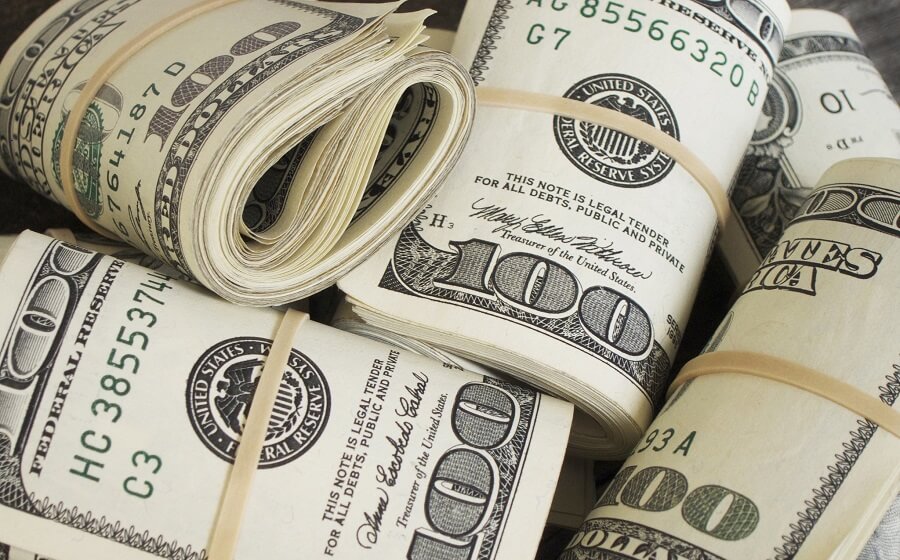Within the first five days of this year, Nigeria’s external reserves rose by $341.7m, representing an increase of 0.99 per cent to close at $35.72bn, data from the Central bank of Nigeria has revealed.
Reserves held by Nigeria by the end of last year was $35.37bn.
Advertisement
By January 1, the reserves went up to $ 35.64bn, while by January 5, it settled at $35.72bn.
The dip in oil prices to less than $20 per barrel, arising from the Covid-19 pandemic in April last year had badly hit the country’s reserves pushing it down to $23.89bn in October last year.
Owing to the impact of the Coronavirus pandemic, Nigeria’s reserves fell to $33.4bn on April 29, from the $38.56bn recorded by the end of the fourth quarter of 2019.
But crude oil price has gradually rallied to $52 per barrel as of Friday on the Organisation of Petroleum Exporting Countries output talks.
Advertisement
“It is a good signal because the external reserves tend to influence the foreign exchange policy of the country,” A Professor of Economics at the Ahmadu Bello University, Zaria, Peter Njiforti told THE WHISTLER.
The economic analyst said the increase would mostly impact the country’s exchange rate.
He noted that the early growth in the reserves would try to restore foreign investors’ confidence, adding that “we expect that it will continue in that light.”
According to him, the growth could restore confidence and more foreign investors would flood the country to invest.
The expert said with the number of exist of foreign investors witnessed last year, the situation alone could create huge job losses.
Advertisement
The analyst said, “One of the greatest challenges we are having is unemployment and we cannot say the government can employ everybody.
“But the government needs to create an environment so that companies will come and establish and provide opportunities for the necessary jobs that the Nigerian graduates are looking for.”



